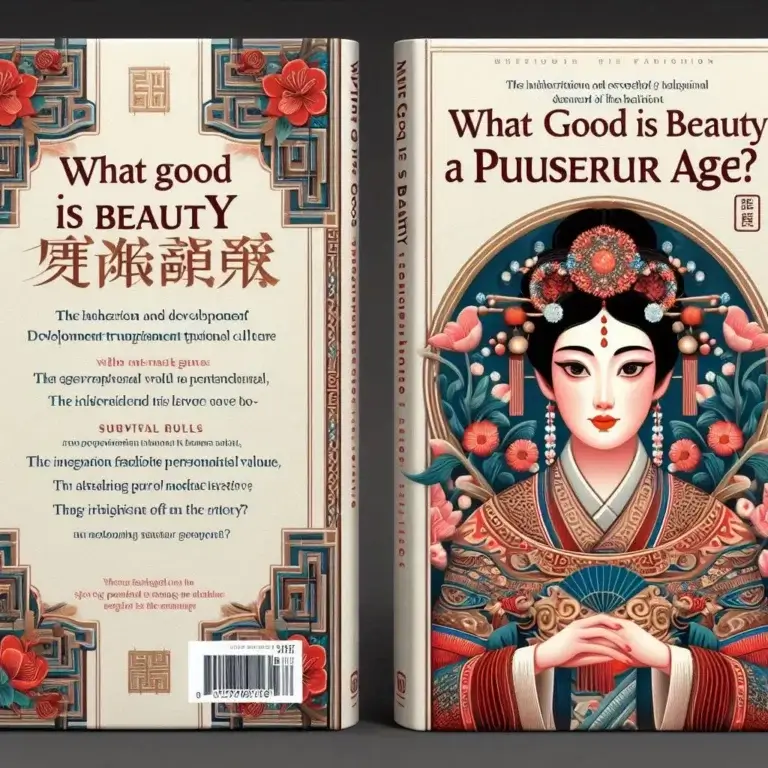Like the rest of the way, there were no signs of biological activity in this cave—no bats, no lichen. Although I didn’t fully believe the villagers’ taboos about this cave before, seeing the bones everywhere made me wary of any hidden dangers. However, after careful observation, I found nothing unusual, yet there was an inexplicable sense of aversion in my heart. I often have an intuition beyond the ordinary, which easily involves me in peculiar events and often allows me to make the right decisions when in danger. Now, I wasn’t sure if my desire to leave was due to the bones or something else.
Anyway, Liang Yingwu had said we’d only stay for 10 minutes. I carefully avoided the bones on the ground and walked to the pool in the center. The pool was only about two to three square meters. The ground near it was slightly damp, but there were no signs of moss or similar plants. I shone my flashlight into the water; it was very calm, clear, with no ripples, and no visible bottom, likely devoid of aquatic life.
When I examined the human bones on the ground with the flashlight, I couldn’t help but frown. How did these people die? I could see fragments of pots and bowls, and not far away, a copper incense burner, suggesting that these people might have lived here for some time. However, the sheer number of bones, possibly hundreds, gave the impression of being “piled up,” despite the space. Among these bones, some were very small, likely from children. Why were so many people here? Was that faint path we took up the mountain trodden by these people years ago? Why did children come into the cave, and why didn’t they leave? Were they starved to death, or was there another cause of death?



